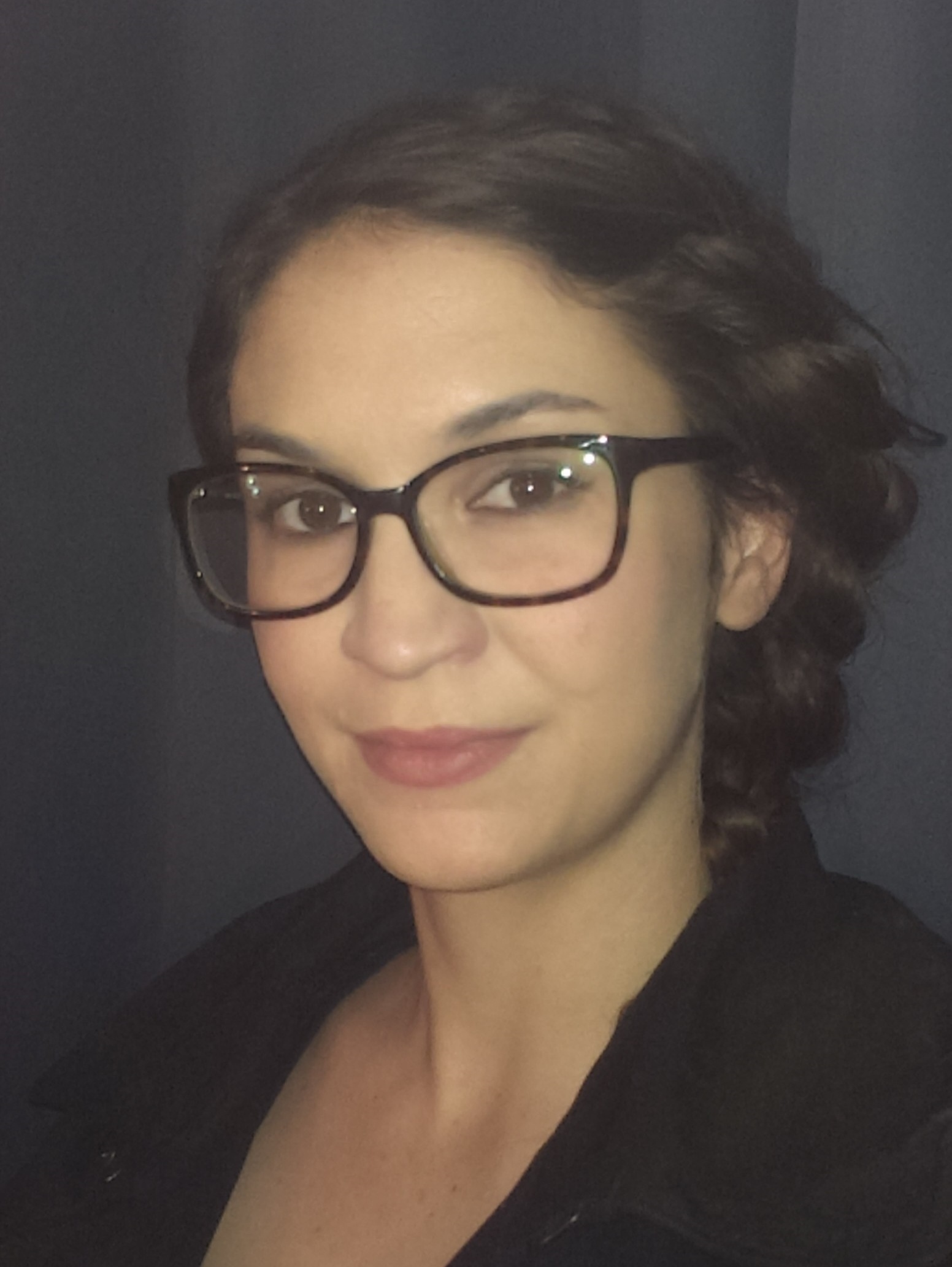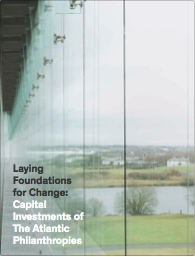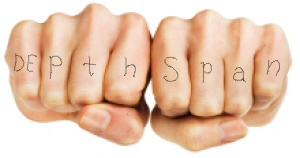

One of the purposes of the panel discussion was to broaden the conversation around philanthropy in Australia. “How often are the charities you are passionate about the topic of dinner conversation?” Allan English asked. It’s a very common theme in the sector at present that the push Australian philanthropy really needs must come from education, communication and having visible precedents. To quote one of the speakers at the Philanthropy for Health & Medical Research Conference, “Australia needs a Slip, Slop, Slap campaign to educate people about philanthropy.”
Chris Oechsli said that a burning question for big-bet philanthropists was: what about their legacy to their children? Chris spoke about how important it was for these big philanthropists to have conversations about what percentages of their wealth they felt comfortable dividing between their own charitable legacy and their children.
It is rather a timely discussion, given the current family politics ongoing between Gina Rinehart and her son over a major philanthropic initiative as “part of a settlement of their legal action over the family fortune.”
Chris Wootton of Philanthropy Australia was quoted by Pro Bono, saying: “if she were willing to talk openly about her philanthropy, I have no doubt she could convince many other wealthy Australians to do the same. The culture of giving in Australia is on the up; it’s really pleasing that we’ve seen a significant rise in giving including by wealthy Australians who give while they live rather than setting up a bequest.”
One of my other key takeaways from the Atlantic discussion was Allan English’s deep thinking on how he judges what projects and causes to grant to. He said he looks for depth and span: how much impact a grant can have on an individual or a family’s life, and how many times this is replicable within the bounds of the amount granted.
Allan’s micro loans to women in developing countries have impact on the self-esteem of the woman, on the children she can send to school, and on the children’s expanding expectations of themselves having seen what their mother can achieve. This gets a 10 out of 10 in terms of depth. Once the loan is repaid it goes back into providing a loan for another woman, so for replicability (span) this also gets a 10 out of 10. So many times, he said, people look at quantitative data for return on philanthropic investment, but that numbers are often not a meaningful way of examining these kinds of life-changing programs.
 Grant-writers, go out now and get the words ‘depth and span’ tattooed on your knuckles! Or at least stick them up around the office somewhere so you’ll think about them every time you sit down to write an application!
Grant-writers, go out now and get the words ‘depth and span’ tattooed on your knuckles! Or at least stick them up around the office somewhere so you’ll think about them every time you sit down to write an application!
2016 marks the final year of grant-making for the huge philanthropic endeavour that has been Atlantic, which has granted more than $7 billion in its 35+ year lifetime. There have been many lessons learned along the way, and these, along with grantee stories, and essays from other philanthropic world leaders, have been collated into a book ‘Laying Foundations for Change,’ which must surely become cannon literature for philanthropists. Funders, philanthropic advisors and social investors can request to receive a hardcopy or download the book here.
You can follow much of the discussion around Atlantic Philanthropies’ panel events and philosophy on philanthropy on Twitter at #givingwhileliving
{loadposition blogsocialshare}

 Grant-writers, go out now and get the words ‘depth and span’ tattooed on your knuckles! Or at least stick them up around the office somewhere so you’ll think about them every time you sit down to write an application!
Grant-writers, go out now and get the words ‘depth and span’ tattooed on your knuckles! Or at least stick them up around the office somewhere so you’ll think about them every time you sit down to write an application!